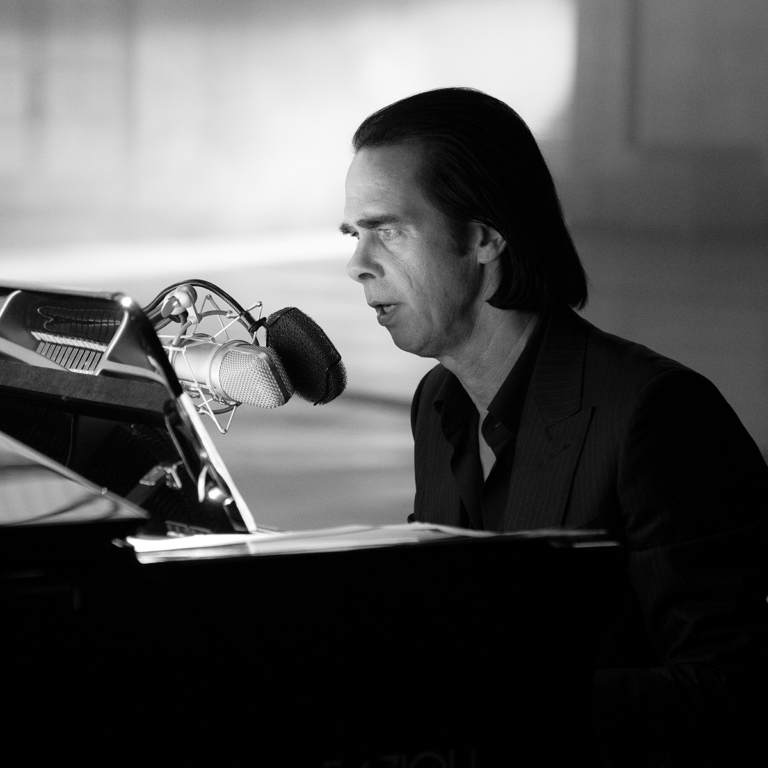Nina Simone Reinvented a Classic
Ever since seeing the riveting Netflix documentary about the singular life of Nina Simone, I simply can’t get this song out of my head. There are plenty of other famous versions (here and here) of the 1934 classic, “For All We Know,” but the classically trained Nina Simone transforms a simple pop song into something else entirely with a Bach-like accompaniment.
It’s hard to believe that Eunice Waymon never set out to be a singer. She only took up singing to keep her Atlantic City gig, which supported her family while she continued taking private lessons. She became Nina Simone so that her mother would not know she was performing “the devil’s music” in the clubs. She was never invited to play classical music at Carnegie Hall because none of the major promoters thought she could pull off a solo performance.
So, in 1963, when her then-husband hired out the hall so she could headline, it was bittersweet for her; even though she was finally center stage at Carnegie, she wasn’t playing her beloved Bach, Brahms, and Chopin. Part of what makes her music unique is that classical backbone that often makes an appearance in her accompaniments. But it is her voice that reached people so deeply.
In this cover, there’s something so melancholy in her tone, the words floating above, seemingly oblivious to the to the churn of busyness underneath:
For all we know
We may never meet again
Before we go
Make this moment live again
We won’t say goodbye
Until the last minute
I’ll hold out my hand
And my heart will be in itFor all we know
This might only be a dream
We come and we go
Like the ripples, like the ripples in the stream
So baby, love me, love me tonight
Tomorrow was made for some
Oh, but tomorrow
But tomorrow may never, never come
For all we know
Yes, tomorrow may never, never come
For all we know


Share your reflection